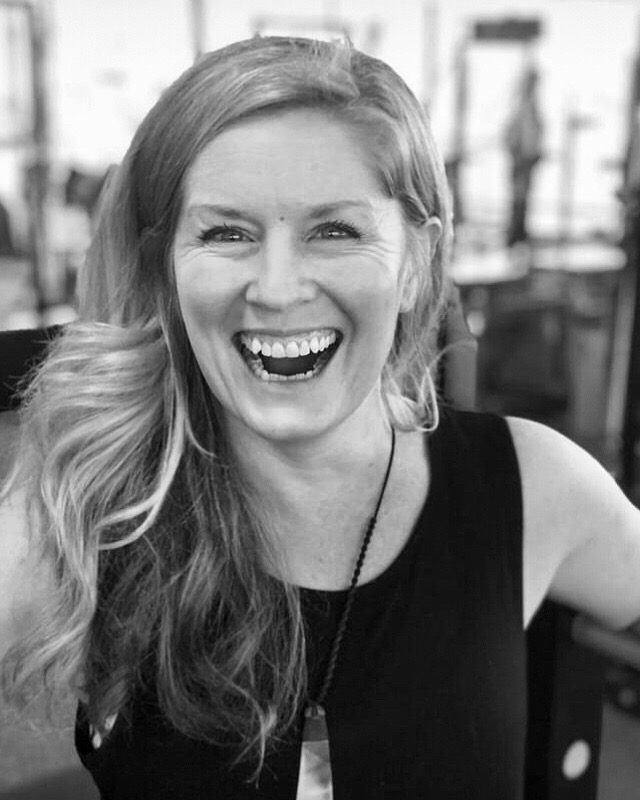What are the different types of editing?
- Sophie Walker

- Oct 17, 2024
- 2 min read
Updated: Oct 29, 2024

This is probably one of the most useful things I learned in publishing school, and it has clarified the way I approach both editing and writing. This list is not exhaustive (I’ve left out substantive and commissioning editing), but it will give you a good overview of the editorial process.
Developmental editing starts with the earliest drafts of a manuscript, and an editor collaborates with the author to guide the overall shape of the project. This stage usually addresses issues such as plot, characterisation, point of view, and the viability of the project. For non-fiction, a developmental editor helps strengthen narrative thread and clarify the progression of ideas. Changes at this stage may involve rewrites, so an editor with solid writing skills is helpful.
Copy editing, which is often confused with proofreading, happens at the sentence level – before submission to a publisher or typesetter, but before proofreading. This stage improves your manuscript’s readability, accuracy, style, and consistency – weeding out the embarrassing errors (like a character introduced as Dean who becomes Dan later on) that sneak into even the most seasoned writers’ work. Your job as a writer is to move with the flow of ideas, capturing inspiration and insight and moulding it into words. Correcting mistakes as you go can disrupt that flow and stall out your writing. Copy editors are there to clarify and clean up the text, making it easy and enjoyable to read. Even if you’re an eagled-eyed editor yourself, a fresh pair of eyes on your work will help.
Proofreading is the final quality control check before a manuscript is published – filtering out those final typos, malapropisms, and sneaky typographical errors that inevitably slip through the cracks. For print books, proofreading is usually done in a print-ready PDF after a designer has typeset the manuscript. For web-based content or self-published projects, proofreading can be done in a Word document, just before publication.
Across all the types of editing, an editor’s aim remains the same – to support and draw out your unique authorial voice, to make the content as clear and consistent as possible, and to give your writing its best chance of success.
Still not sure what type of editing your novel or non-fiction project needs? Get in touch to book a free discovery call: sophie@wisewordsediting.com.
.




Comments